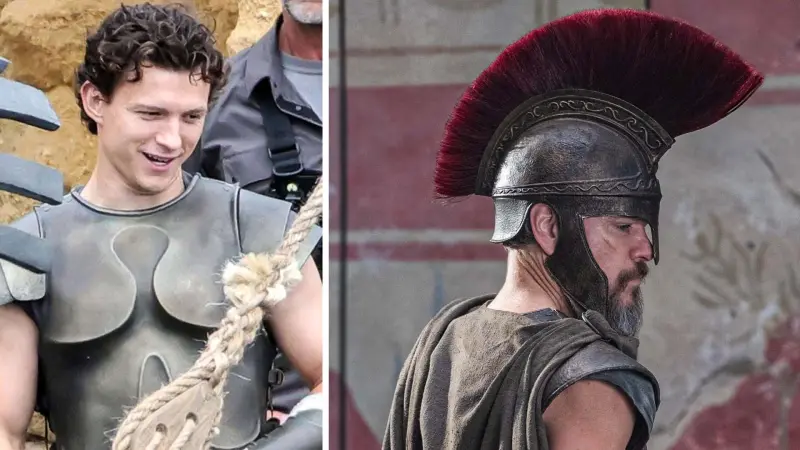This video provides a historical overview of the Roman Empire and its impact on the world. The Romans were fortunate to be situated at the crossroads of trade routes between the Etruscans to the north and Greek colonies to the south.
Rome was an open city that offered migrants a unique opportunity to become citizens. The city was initially ruled by kings, but after a sex scandal in 509 BC, the Romans decided to prevent any concentration of power and established a republic instead. The republic was controlled by two consuls who were elected for a year, and a senate consisting of 300 patricians.
The plebeians, who were not born into patrician families, fought for their rights and achieved complete equality with the patricians by 287 BC. The Roman army spent the next hundred years in constant wars, and they were able to stand their ground in battle due to their alliances with conquered territories, which provided a never-ending stream of recruits.
The Punic Wars were fought over the next hundred years, and in 149 BC, Rome had taken the greater part of Punic territory. Rome's legacy includes the Latin alphabet, the Pax Romana, and their military and government organization, which have influenced many aspects of modern society.







